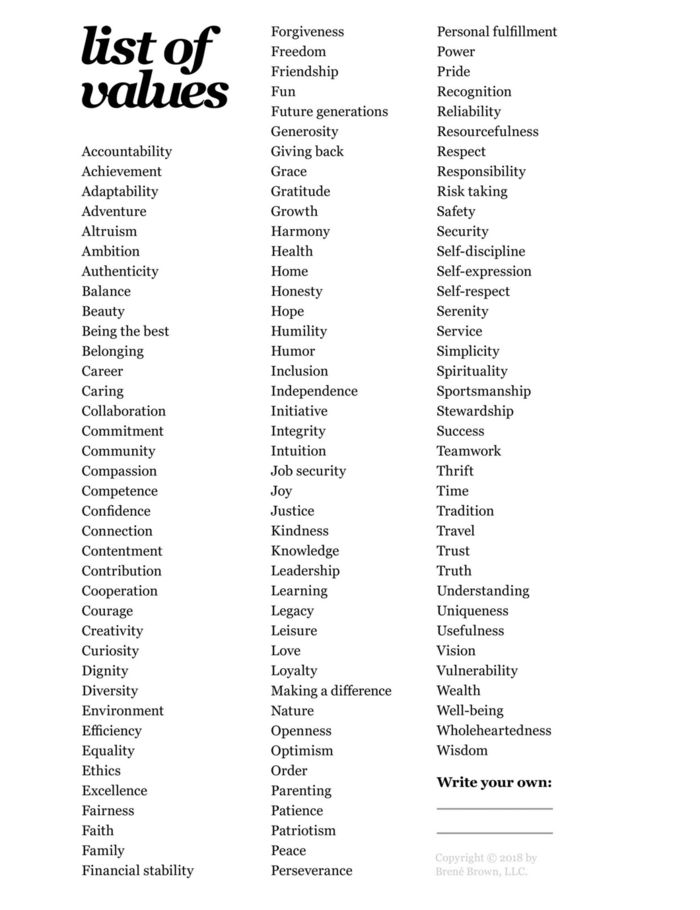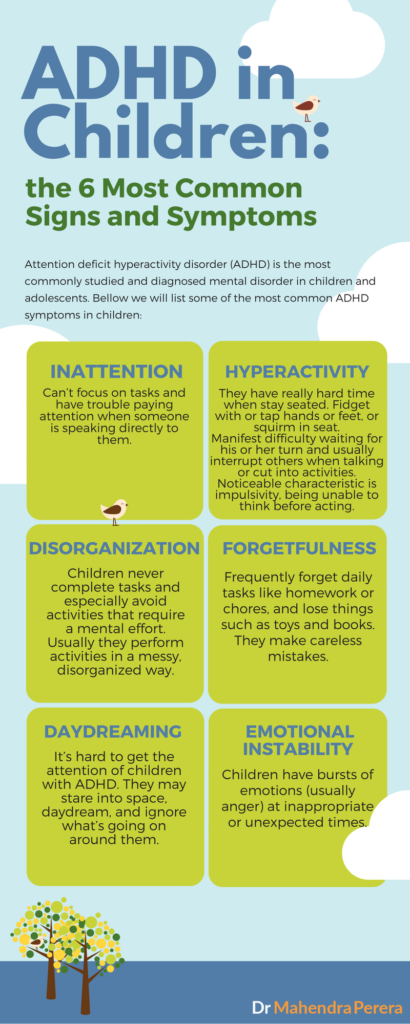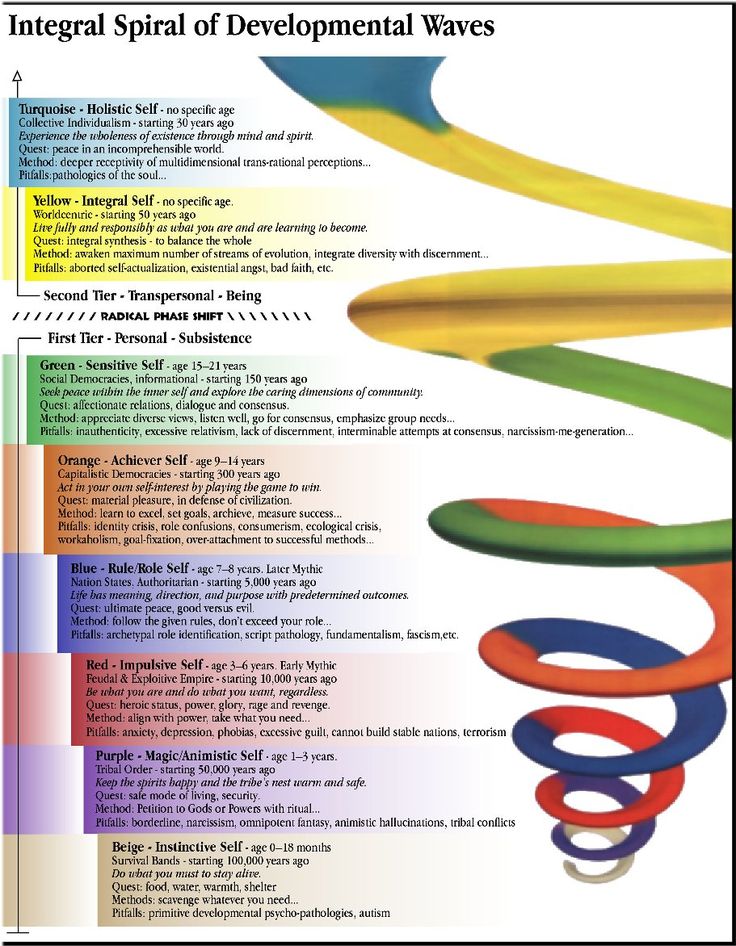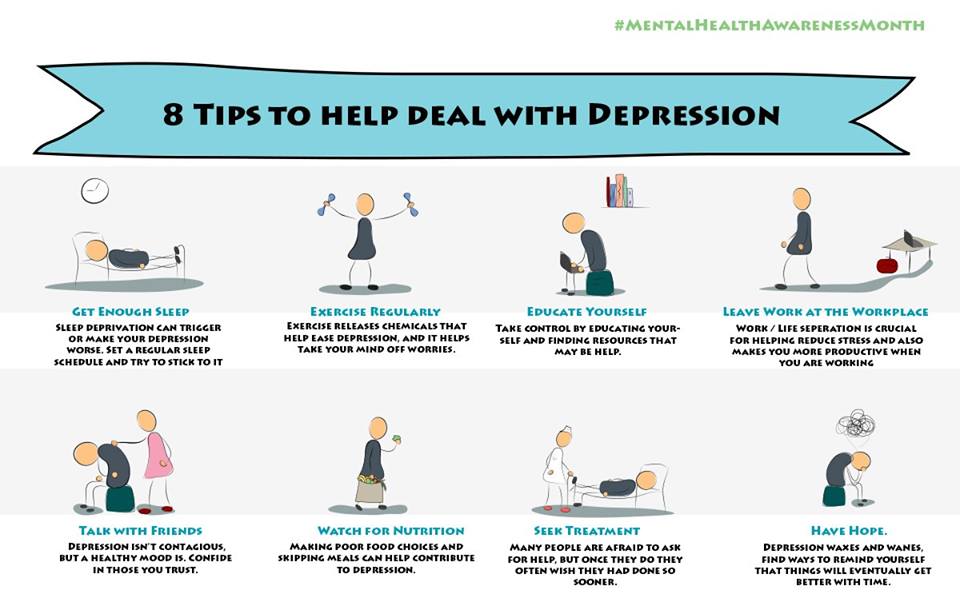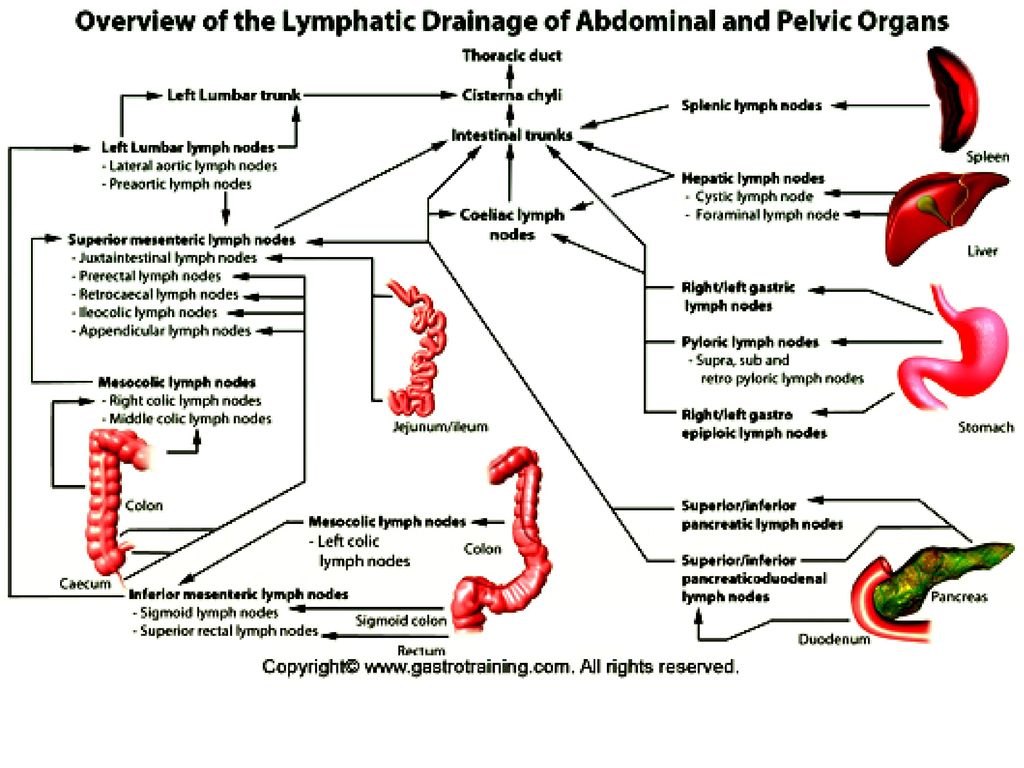Freedom to forgive
The freedom we find in forgiveness
The forgiveness we receive when we put our trust wholly in Jesus is a forgiveness that brings us freedom.
By Boyd Bailey
It’s freedom from paying our unpayable sin debt, but it’s so much more than that.
We receive freedom from the devil’s control. Freedom from evil’s allure. Freedom from hell. Freedom from guilt. Freedom from lying, cheating, and stealing. The freedom of clarity when the fog of faulty thinking is lifted. Freedom to forgive ourselves and freedom to forgive others. God’s forgiveness allows us to walk out of the jail cell that is our pride into the freedom to forgive others. Christ forgives me, so I am free to forgive myself and other people.
The parable
In Matthew 18, Jesus describes two men in debt. The first debtor owed multiple lifetimes-worth of salary to the king. He couldn’t possibly pay his debt, and was about to be sold (along with his wife and children) into slavery. But he begged for mercy, and the king forgave the whole debt!
The second debtor, who was the slave of the first debtor, owed 100 days wages. In a move that is both stunning and ironic, the first debtor went straight from the forgiveness of the king to the throat of his servant, choking him and and demanding,
“Pay what you owe.”
– Matthew 18:28
He threw the man into prison for a debt that was incredibly small in comparison to the massive amount he had just been forgiven. He failed to show even an ounce of the mercy the king had just shown him. And, confined behind bars, the second debtor couldn’t have paid, even if he’d wanted to.
How was this unforgiving creditor so callous after having received such a magnanimous gift?
Doesn’t really matter how. The fact that he’d accepted forgiveness and then turned around and shown the exact opposite was more than the king, who found out, could take. “You wicked servant! I forgave you all that debt because you pleaded with me. And should not you have had mercy on your fellow servant, as I had mercy on you?” Again, the answer to the question didn’t matter.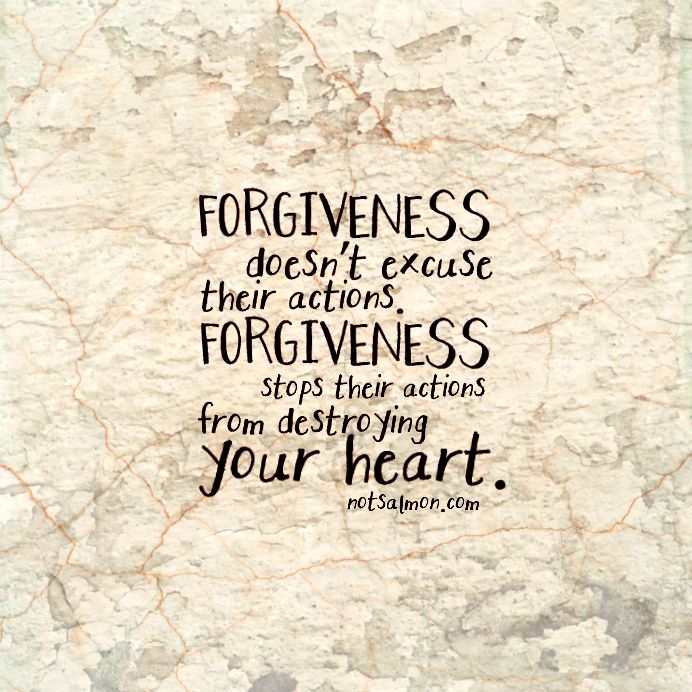 It was already too late. Jesus doesn’t mention this king offering another chance to this unforgiving one after so heinous a sin. The one who failed to forgive received exactly the penalty he had ordered for his own servant. Prison forever.
It was already too late. Jesus doesn’t mention this king offering another chance to this unforgiving one after so heinous a sin. The one who failed to forgive received exactly the penalty he had ordered for his own servant. Prison forever.
After Jesus relates this parable, he says some chilling words:
“So also my heavenly Father will do to every one of you, if you do not forgive your brother from your heart.”
– Matthew 18:35
The command
“Be kind and compassionate to one another, forgiving each other, just as in Christ God forgave you.”
– Ephesians 4:32
The parable puts Paul’s words here into perspective. “Be kind and compassionate…” doesn’t sound like strong words, until you lay the command alongside this parable about failure to forgive.
Having experienced the surpassing grace of God in our lives through Christ’s forgiveness, our gratitude must grow us in kindness and compassion. Indeed, gratitude greases the skids of kindness and compassion, so forgiveness easily flows from our soul. Something is very wrong in a heart when this fails to happen.
Something is very wrong in a heart when this fails to happen.
Like a christened cruise ship slides steadily toward the water on lubricated rails, so our new life in Christ moves our soul forward to forgiveness on the grace-covered rails of kindness and compassion. Forgiveness incubates in a heart of gratitude, but it dies in the heart of a man who doesn’t realize how much he’s been forgiven.
Deep in the heart of a merciful Christian is a recognition of who she would be without Christ. Flowing from the heart of a grateful Christian is a natural forgiveness, even in surprisingly difficult circumstances. There is a reason King David asked God, “Restore unto me the joy of thy salvation.” The “joy of salvation” is the feeling that accompanies recognition of the heavy burden of debt from which we have been totally freed. That feeling, and that recognition, make it so much easier to forgive.
Does gratitude mark your attitude, or do you take God’s grace for granted?
God be priased! His forgiveness is a cycle of freedom. The freedom we find in forgiveness is the freedom to love others, to forgive more easily, which health both hearts and relationships and allows us to breeze past the negative and move on with the relationship.
The freedom we find in forgiveness is the freedom to love others, to forgive more easily, which health both hearts and relationships and allows us to breeze past the negative and move on with the relationship.
By grace, through our faith in Jesus, our Heavenly Father forgives us. We joyfully receive his forgiveness with gratitude. Then we offer kindness, compassion, and mercy to ourselves and others. Some who experience our ongoing forgivingness will seek forgiveness from God too.
This cycle of freedom in forgiveness perpetuates through families and friendships and can spread across nations. We are free indeed to forgive whenever needed.
Who needs your abundant kindness and compassion? Who might never know ongoing mercy and forgiveness if you don’t offer it? And if you don’t offer it, is it possible that person will have missed an opportunity to know Jesus?
Release those who offend you from your mental and emotional prisons. Both of you will be set free to enjoy the fruits of forgiveness: peace, joy, laughter, smiles, affection, intimacy, security and fulfillment.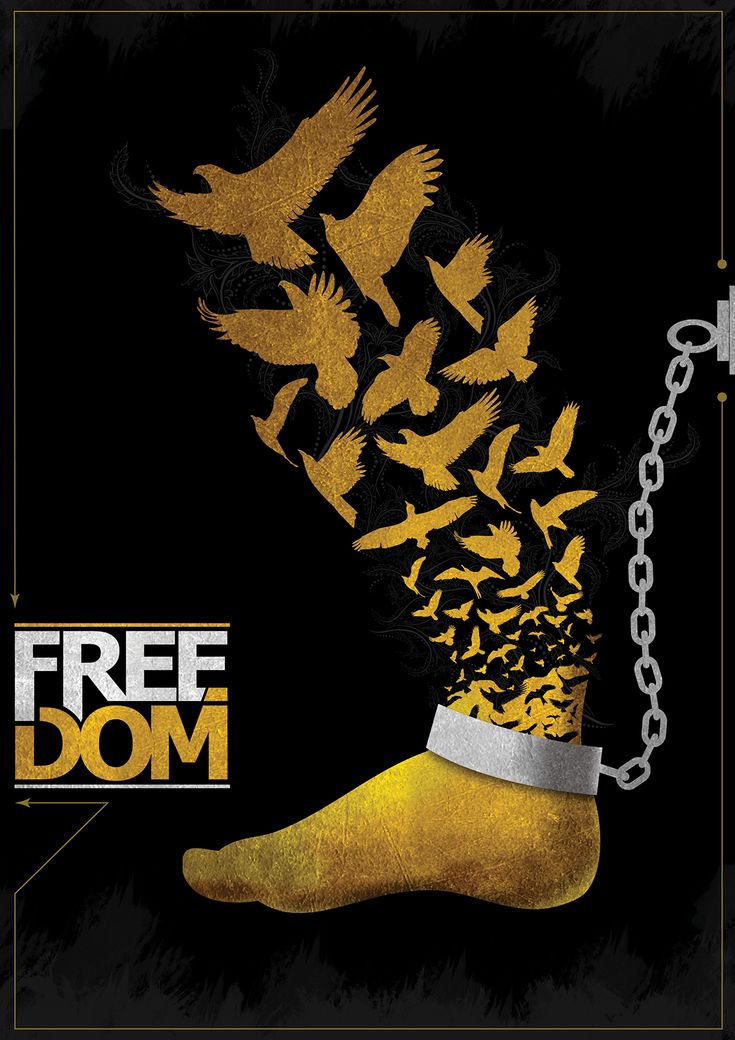 In Christ, we have freedom in forgiveness!
In Christ, we have freedom in forgiveness!
“It is for freedom that Christ has set us free.”
– Galatians 5:1
I pray our Heavenly Father increases your understanding of your own salvation, so that, by grace, you can use the freedom you have been given to set others free too.
The Freedom in Forgiveness - Focus on the Family
If you’re like many people, you may want to be free of past offenses, but you still carry bitter memories of or hard feelings toward those who have wronged you. Take comfort: Forgiving even the worst offenses against you is not impossible. You can find freedom from the past and peace that comes from God by learning to really forgive from the heart.
Forgiveness is easier to grasp when broken into a five-step process.
Admit the Pain
Offenses always cause pain; our pride makes us deny it. Some take an attitude, “Who cares? You’re insignificant in my life. You can’t hurt me!” This insulates us from the acute pain of the moment, but it allows the infectious agent of resentment, like toxic bacteria, to enter our soul where it festers, creating a spiritual disease of bitterness.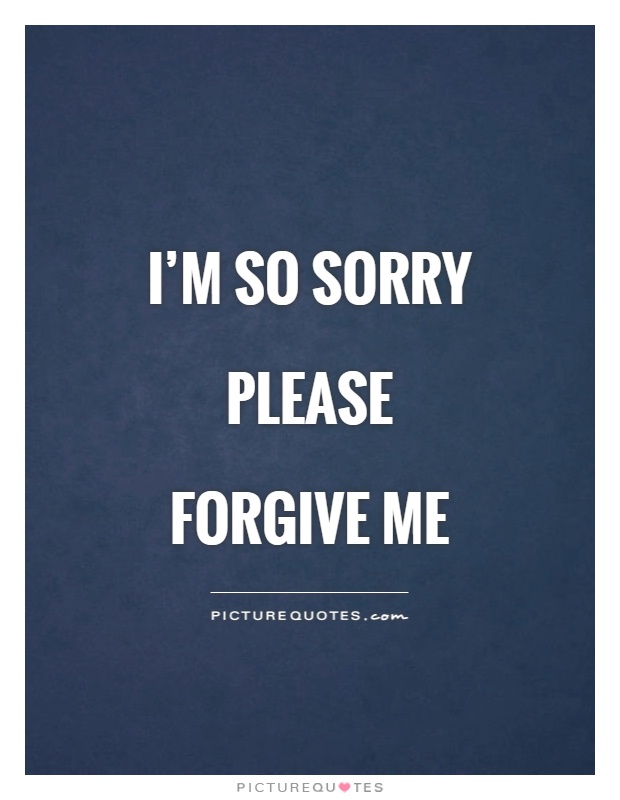 Such a condition gradually estranges us from others and even from God.
Such a condition gradually estranges us from others and even from God.
Denying pain keeps us from starting on the path to forgiveness. But the degree of pain required in this exercise is bearable. Honestly experiencing it long enough to understand the exact nature of the offense is actually the beginning of healing.
Work Through Confused Feelings
When an offense has occurred, we often need to clearly and carefully sort out responsibilities in a particular incident. As children, we believe the world revolves around us. Although this tendency is strongest in our formative years, it also persists somewhat into adulthood. When traumatic events occur, kids believe it’s mostly their fault. (“If I hadn’t made Dad angry, he wouldn’t have had a heart attack and died.”)
As adults we need to develop firm ground within ourselves — to set boundaries and defend them when limits are violated.
Seek Information
Once we’re clear as to who’s responsible for what, the next step is to discover why the offender hurt us.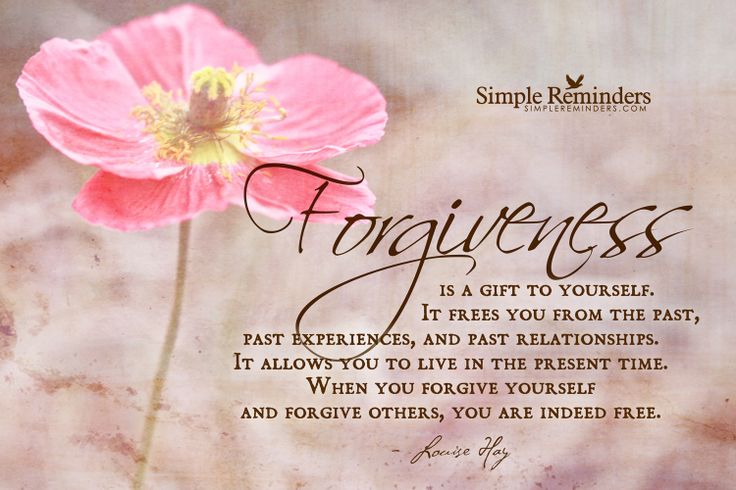 This keeps us from dwelling single-mindedly on how we were hurt or how we wish to see the other person punished. If appropriate, we may need to ask friends or family members for information. Or we can use our imagination and place ourselves in the offender’s position.
This keeps us from dwelling single-mindedly on how we were hurt or how we wish to see the other person punished. If appropriate, we may need to ask friends or family members for information. Or we can use our imagination and place ourselves in the offender’s position.
What we’re not doing is looking for an excuse. No reasoning can excuse, for example, crimes against humanity such as torture, rape, extortion, blackmail, murder and the like. But gathering information is important.
Consider Rita’s experience. Her husband had an affair with an emotionally disturbed woman. He eventually broke off the relationship and tried to repair the damage he’d done to Rita, whom he still loved. But Rita couldn’t forgive her husband or the other woman. It was bad enough he’d had an affair — but to choose such a wretchedly unhappy and abused woman added insult to injury.
Inadvertently, Rita learned a bit about the other woman’s history. As a little girl, she’d often been made to bend naked over the bathtub while her father beat her with a belt until blood ran down her legs.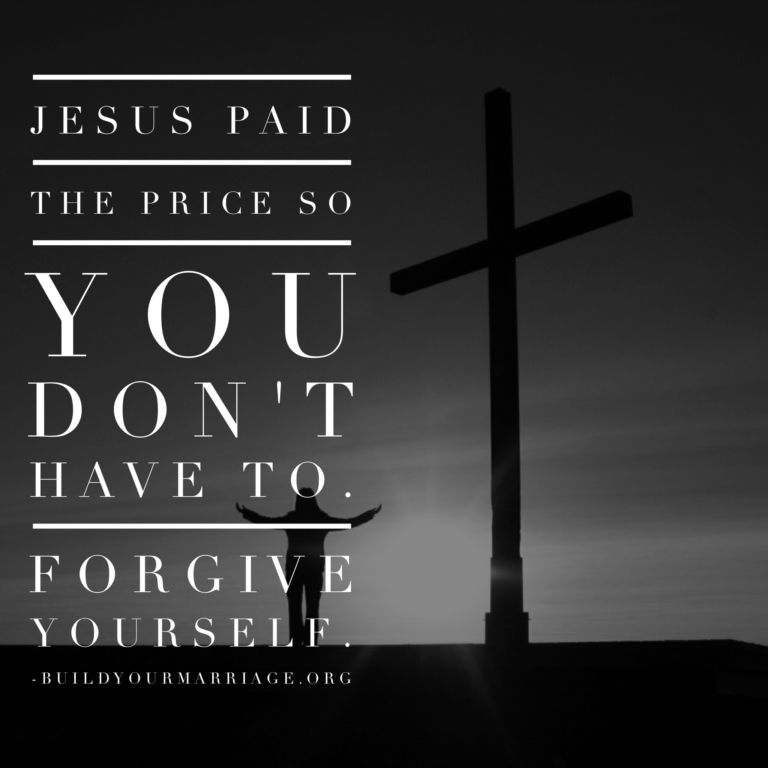 As Rita heard this story, she found tears running down her cheeks. Any child raised by such a criminally abusive father might wind up seducing men in a desperate search for love. This information also lent credibility to her husband’s story that he’d first befriended the woman because he felt sorry for her; he then felt affectionate toward this “hurting soul.” … Eventually, the lines between affection and sexual involvement blurred. Further searching unearthed events in her husband’s life that explained his vulnerability to such a strange relationship.
As Rita heard this story, she found tears running down her cheeks. Any child raised by such a criminally abusive father might wind up seducing men in a desperate search for love. This information also lent credibility to her husband’s story that he’d first befriended the woman because he felt sorry for her; he then felt affectionate toward this “hurting soul.” … Eventually, the lines between affection and sexual involvement blurred. Further searching unearthed events in her husband’s life that explained his vulnerability to such a strange relationship.
It didn’t happen overnight, but the more Rita understood the facts, the more she was able to relinquish her anger and pain. She could truly forgive and sincerely pray for the woman. Understanding was not condoning the affair. And much work had to be done to heal her husband’s past to prevent further offenses.
But for Rita, the restoration process took a step forward when the truth was known.
Allow Information to Become Insight
Once the facts are clear, we might imagine that forgiveness occurs automatically. Too often, however, our humanity gets in the way. Our self-protective and vengeful impulses can pitch us into rounds of self-pity, bitterness and anger.
Too often, however, our humanity gets in the way. Our self-protective and vengeful impulses can pitch us into rounds of self-pity, bitterness and anger.
It takes heroic effort to move beyond our own pain to understand what prevents us from saying, “I forgive you.”
In her book The Hiding Place, Corrie Ten Boom describes the most extreme abuses imaginable perpetrated on her and the other inmates of a Nazi concentration camp during World War II. Months after the war was over, Corrie was traveling through Germany speaking in churches about God’s love and forgiveness. Inwardly, though, she knew her words had a hollow sound.
After speaking in a church in Munich, she was approached by a man she recognized as one of her former guards, a particularly cruel one. He now reflected a semblance of humanity and smiled brightly as he talked about his newfound faith in God. Looking Corrie in the eye, he held out his hand. “Fraülein, if you can forgive me, then I’ll know what you say is true — that God forgives me. ”
”
Gripped by a terrible conflict, Corrie wanted either to turn her back on this man or do violence to him. In her mind’s eye she could see her father and sister, who were both killed by the Nazis; she’d wanted to forgive those who were responsible. And this moment brought insight as to why she’d been unable to do more than speak hollowly about forgiveness. She was daily reliving the horror of the camp.
Corrie also realized that she would continue to be haunted by old feelings and memories if she did not move beyond them. This was her chance. But could she do it?
Her arm remained frozen at her side, while the man’s remained outstretched. As he stared at her, Corrie prayed for strength she could not find in herself. Giving her will over to God, unable to change it on her own, coldly she stuck out her hand and clasped the palm of her former enemy.
“In that moment,” she later wrote, “something miraculous happened. A current seemed to pass from me to him, while into my heart sprang a love for this stranger that almost overwhelmed me.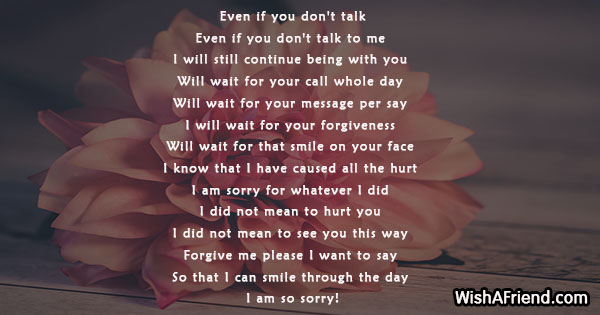 ”
”
Forgiveness is a gift of God’s grace. What Corrie described — the healing of one heart, the freeing of another — is a true miracle. The wonder of it is that God gives us insight into our own heart and involves us with Him in the freeing of another.
Choose to Relinquish the Whole Event
It was, interestingly, in a psychiatry class that I (Grace) learned relinquishment.
The class was discussing how to let go of past tragedies and trauma that hurt and scar. One man, Lou, had been weeping copiously, obviously reliving some pain of his own.
“Lou,” the professor said, “I want you to wrap up that handkerchief and hold it tightly in your hand.” After a long silence, he said, “Now, let it fall.” The bunched handkerchief landed on the floor.
In a few moments, Lou reached down to pick up his handkerchief. But another student observed him and suggested that this was the way we all tried to “pick up our old burdens again.” With a smile now, Lou left the handkerchief there.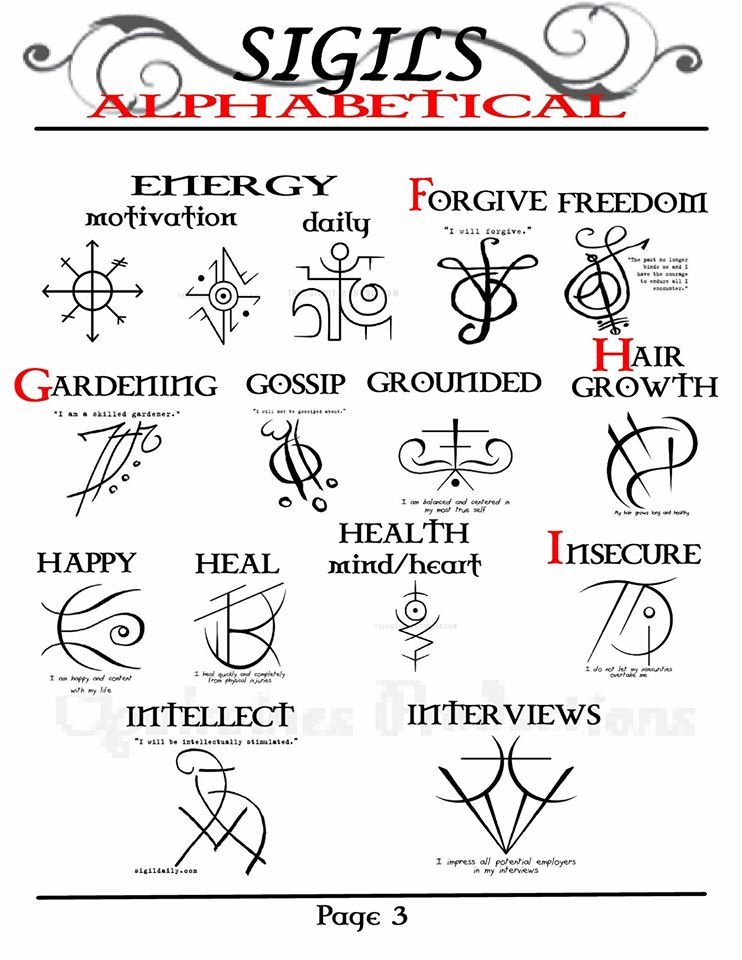
We all saw that it’s our choice — an act of our will — that sets us free from burdens of the past.
It seems that human beings have always had trouble with the idea of forgiving someone who has wronged them. It’s just not natural to us. But Jesus Christ, the master of forgiveness came to show us a new way, a supernatural way, to live. He teaches us how to adopt new attitudes of the heart that help us live “above” our natural impulses.
You, too, can be healed and set free as you learn to walk the path of forgiveness. The gifts of personal wholeness in Jesus Christ can be yours, even when you think forgiveness is impossible. The question is, are you willing to begin?
How to learn to forgive people and let go of grievances. Do you need to forgive?
Have you ever been hurt so badly that you swore you would never forgive that person? Maybe you have been insulted in such a terrible and disgusting way that the very thought of forgiveness seems incredible? Is it necessary to forgive the offender in order to stop suffering yourself? Or can't you let the ill-wisher get away with it?
What is forgiveness?
- Forgiveness does not mean admitting that the actions against you were acceptable.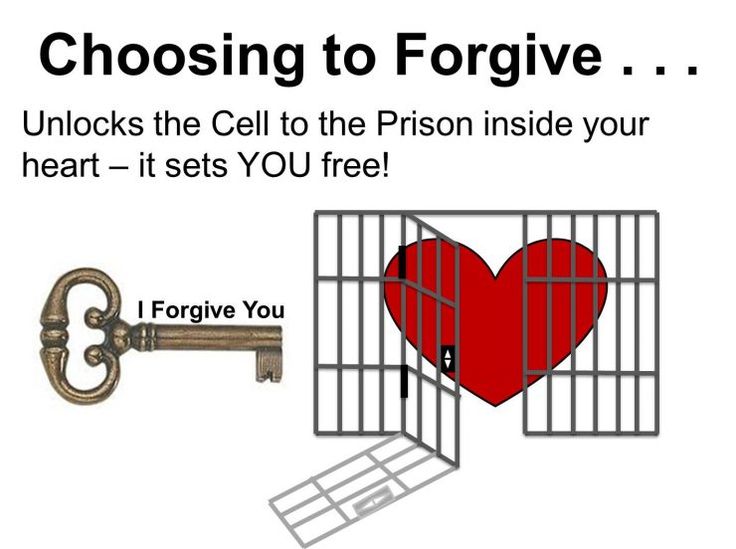 nine0007 Forgiveness is not the same as reconciliation.
nine0007 Forgiveness is not the same as reconciliation.
- Forgiveness is not a step you take to avoid the consequences of a conflict.
- Forgiveness should not be only in words.
- Forgiveness is not something that someone else can force you to do.
Forgiving is not the same as forgetting. You may never forget what happened to you. Just because you have forgiven someone does not mean that you have forgotten what happened. nine0007 - Forgiveness has nothing to do with justice.
If you are thinking about forgiving the person you are offended with, know:
- Forgiveness brings healing to the person who forgives.
Forgiveness is a process similar to the process of experiencing grief.
- By forgiving, you give up your right to demand payment from the other person for the pain that he caused you.
What prevents us from forgiving? We believe that it is unfair to ignore the fact that someone offended us. Victims want to protect themselves and vent their anger.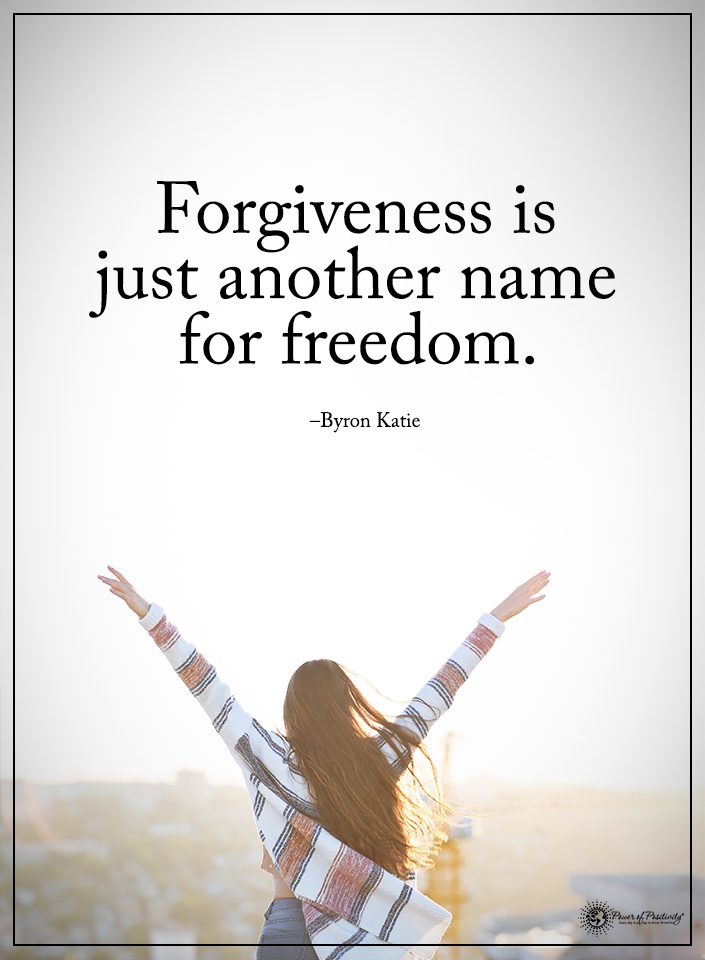 They feel the need to be angry. They are afraid to give it up and “let go” of the situation. They see no point in forgiving the person who has deeply offended them. Meanwhile, there are many benefits to forgiveness, and the main one is freedom. nine0003
They feel the need to be angry. They are afraid to give it up and “let go” of the situation. They see no point in forgiving the person who has deeply offended them. Meanwhile, there are many benefits to forgiveness, and the main one is freedom. nine0003
You waive your right to damages. To forgive means to give yourself freedom - the freedom to throw resentment and anger out of your head.
How to learn to forgive?
1. Analyze the damage caused to you. Don't rationalize or minimize its impact on your life. Make a detailed list of everything the abuser did to you and what wounds he inflicted on you. Face the truth.
2. Describe the emotions that accompanied the offense and their impact on your life. Be ready to openly admit your anger, hatred, humiliation, shame, and any other feelings that you have experienced. Write down your emotions. Talk about them. Shout them out while sitting in your car if that helps you. nine0007 Journaling is a good way to process emotions, as well as speaking or non-violent expressions.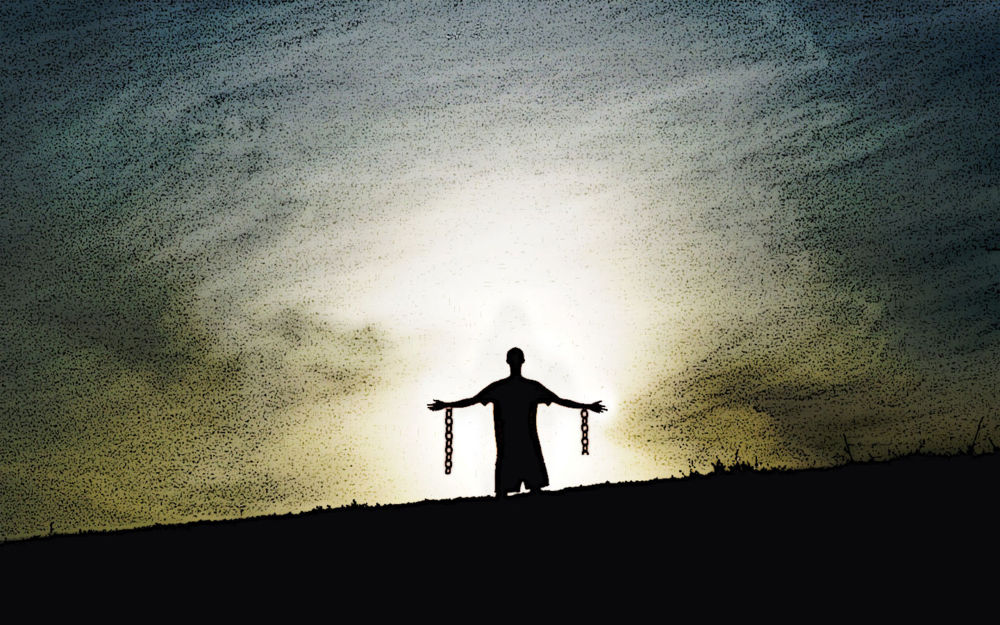 Look for ways to release negative feelings.
Look for ways to release negative feelings.
3. Give up the desire to permanently place the responsibility on the offender. It is one thing to prosecute a criminal or hold an offender accountable for the consequences of his actions, which is fair. But to expect the abuser to be responsible to you forever is to give up your own life. nine0007 4. Let go. Unclench your palms and let your offender go. Stop demanding that he change. Stop needing him. Stop nursing your wounds. Forgiveness stops the fast lane of negativity in your mind. You no longer need to remember and replay in your brain all the insults and insults inflicted on you, again and again. Your offender no longer occupies your thoughts. You no longer have to assume the worst or try to get into his schemes because you let him go. You give yourself the opportunity to live freely. nine0007 Want to learn to forgive ? Come to Promo for the training "Context" resentment in relationships
Forgiveness as a means of achieving freedom.
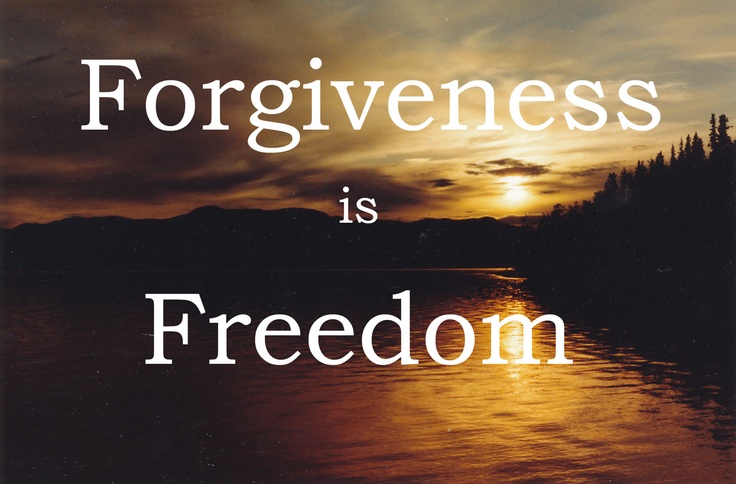 Kitchen Philosophy [Treatise on Right Livelihood]
Kitchen Philosophy [Treatise on Right Livelihood] Forgiveness as a means of achieving freedom
Whether we like it or not, our life is full of constant conflicts, hidden and open, caused by objective clashes of interests or fictitious reasons. Life itself begins with conflict - our birth is marked by the cry of a newborn, a face wrinkled in a grimace of displeasure, crying and protesting against the force that pushes it out. Our youth, maturity and old age flow in conflicts. Struggle is the eternal and unchanging companion of existence. That is why an adult is an experienced fighter, while his main opponents are other fighters like him, called neighbors. nine0003
The cycle of struggle includes an endless number of exchanges of blows until the opponents are separated by fate or until they find themselves, again as a result of twists of fate, new combat partners. Sometimes people manage to destroy each other more radically, for example, to kill or get rid of the light. But we have not yet paid attention to such extremes. We are more interested in the very state of endless struggle in which a person lives from his first breath to his last. A person struggles not only with his own kind, but also with inanimate objects. For example, for a long time I endowed objects with a soul imbued mainly with malicious properties. Hitting on some object, we sometimes hit it as a punishment. Often we talk to things, argue with them, threaten them. Of course, it goes without saying that we are constantly in conflict with all representatives of living things - plants and animals, insects - biting and not so much. Insects in general are for us a protected area for legal everyday killing. Oh, how we conflict with the Lord God! Or "fate", or any other name for everything that in our minds unites forces that are not dependent on us and somehow rule the world and us. We fight the laws of nature. We especially hate gravity: why don't people fly like birds? We do not like thermodynamics: why is it so cold in winter? We get angry and hate the weather, electrical appliances and death.
 The fact of imminent death generally just drives us crazy. The long process of evolution from blue-green algae to what we have become has firmly inscribed for centuries in our hard memory that loss is an intolerable insult and ultimately borders on death, which we always perceive as the greatest and final loss. The process of struggle is extremely greedy for our energy resources, which are wasted in this endless cycle of insults, frustrations, attacks and defenses, bruises and rubbing of bruised places. This struggle, which was previously reduced to the struggle for survival, is now interpreted in this way, but it is no longer such. Those who lose or do not get involved in modern conflicts are no longer killed, and most often they can stay alive and even leave offspring. nine0003
The fact of imminent death generally just drives us crazy. The long process of evolution from blue-green algae to what we have become has firmly inscribed for centuries in our hard memory that loss is an intolerable insult and ultimately borders on death, which we always perceive as the greatest and final loss. The process of struggle is extremely greedy for our energy resources, which are wasted in this endless cycle of insults, frustrations, attacks and defenses, bruises and rubbing of bruised places. This struggle, which was previously reduced to the struggle for survival, is now interpreted in this way, but it is no longer such. Those who lose or do not get involved in modern conflicts are no longer killed, and most often they can stay alive and even leave offspring. nine0003
So, at least a partial refusal to fight and participate in conflicts at the present time does not necessarily mean imminent death, and therefore a person has a unique opportunity to devote at least part of his energy to contemplating and reflecting the universe in himself, just for which the whole the previous evolution from the stars that create the heavy elements of which we are composed, to ourselves, which, perhaps, will continue this evolution further, if not in a biological, then in a cybernetic sense. nine0003
nine0003
Freedom is the possibility of choice, and refusal to participate in the conflict is an integral part of freedom. Forgiveness of the offender, be it a table that hit you with a box, or a neighbor who once again betrayed and robbed you, forgiveness of the enemy is the way to free your energy for the best undertakings. The struggle and hatred that always accompanies this struggle are extremely destructive for the spirit and consciousness. Even if we do not take into account the approach of love to everything around us, which, on the contrary, charges us with positive energy, the struggle in some cases is irrational, since most often it cannot lead to the final destruction of the enemy. I tried to refute myself, as in all other conclusions and convictions, and finally, by contradiction, I was convinced of the truth of my assumption. Forgiveness is most beneficial to the forgiver in all respects, for the forgiver is always more free than the forgiven one, since the forgiver chooses for himself whether to forgive him or not, and the forgiven one always remains in the role of an object.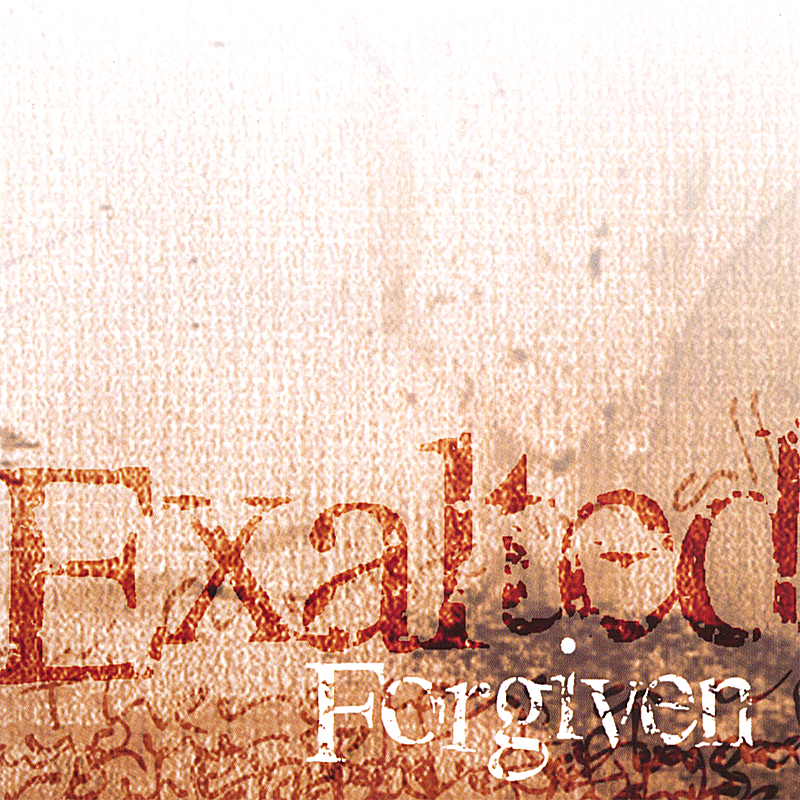 nine0003
nine0003
§ 3. Weapons as a means of achieving freedom
§ 3. Weapons as a means of achieving freedom It can be argued that it was not at all the position occupied in property differentiation, but the place in the military system, the role in those victories that ensured the prosperity of the policy, determined the level of claims of this formative
History as the development of the freedom of society and the individual. Social Limits of Freedom
History as the development of the freedom of society and the individual. Social boundaries of freedom The word "freedom" is familiar to everyone, and everyone strives to live freely. But the understanding of freedom is very diverse. Here, one can say, how many heads - so many "freedoms". The most traditional understanding
nine0050 (5) Achievements (5) Achievements There is another class of words denoting events that deserves our attention. These are words that I have elsewhere called "words of achievement" and "words of success" and their opposites - "words of failure", "words of error", "words of omission". This is
These are words that I have elsewhere called "words of achievement" and "words of success" and their opposites - "words of failure", "words of error", "words of omission". This is
3. Evil and its forgiveness
3. Evil and its forgiveness But this silent merging of the powerless essentialities of a vanishing life must be taken in yet another meaning, in the meaning of the reality of conscience and in the manifestation of the movement of the latter, and conscience should be considered as performing actions. — Subject moment at
SIN AND FORGIVENESS
SIN AND FORGIVENESS In classical Jewish and Christian theological teaching, sin is essentially identified with disobedience to the will of God. This is clear from the popular conception of original sin as Adam's disobedience. At
Foundations of Freedom: The Relationship between Freedom and Fundamentalism
nine0004 Foundations of Freedom: The Relationship between Freedom and Fundamentalism As soon as we establish some kind of relationship between politics and religion, we now fall under the suspicion of fundamentalism. We are immediately pointed to the experience of the Middle Ages or to the current situation in
We are immediately pointed to the experience of the Middle Ages or to the current situation in UPR. Body Forgiveness
UPR. Forgiveness of the Body Ask yourself the following questions: How do you feel about your body? What do you like about it? What do you dislike about it? What deficiencies can you change (through diet, exercise, and other means)?0003
FORGIVENESS
FORGIVENESS For those who are still convinced that guilt helps keep you on the “straight and narrow path” (trodden by foreign standards), I will give one more proof: the dangerous consequences of guilt are widely described by modern psychology. Before
Forgiveness
Forgiveness An important element of the virtue of mercy is the demand for forgiveness of offenses.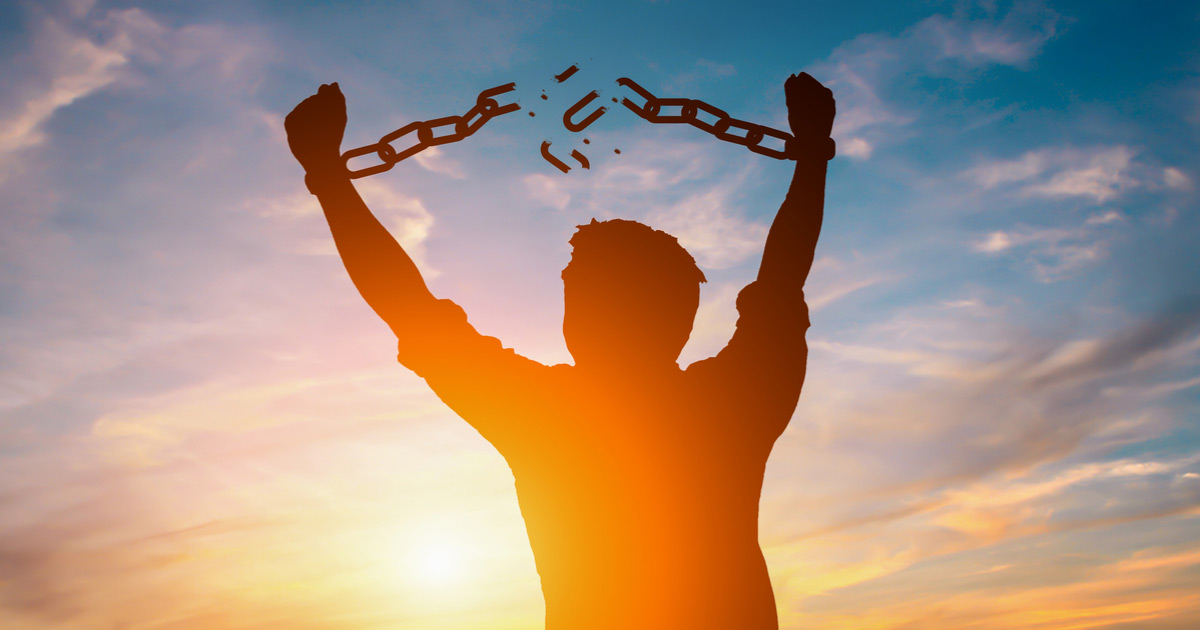 The ethics of love commands to forgive offenses, and you should forgive both those who confess their sin and ask for forgiveness (See: Luke, 17:4), and everyone who sins against you (See: Matt.,
The ethics of love commands to forgive offenses, and you should forgive both those who confess their sin and ask for forgiveness (See: Luke, 17:4), and everyone who sins against you (See: Matt.,
184. FORGIVENESS
184. FORGIVENESS I will not remember your sins. Bible - Isaiah 43:25 Father! Forgive them, for they do not know what they are doing. Bible - Luke 23:34 God will forgive: this is his profession. Heine - Death sentence The sweetest revenge is forgiveness. Friedman - Imre
Concept as a means of achieving understanding
Concept as a means of achieving understanding There is little difference between your teaching and Maharaja's teaching. The essence of his teaching is that Consciousness speaks to Consciousness, but the Highest Reality is beyond these limits. Your teaching is more based on the exploration of the "I", on observation.